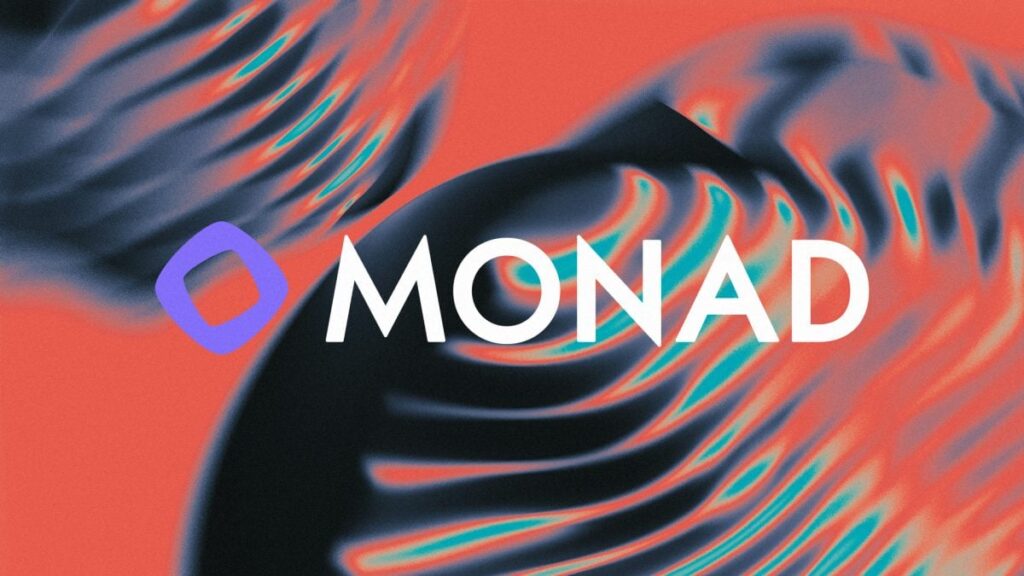Monad Token Sale: A Closer Look at Slowing Momentum and Market Dynamics
The recent public offering of Monad’s native token, MON, on Coinbase has encountered a significant slowdown in sales after an initial flurry of activity. In a stark comparison to the early enthusiasm, the subscription rate for MON tokens is struggling to keep pace. After generating around $43 million in the first half hour of its launch, only 48% of the 7.5 billion MON tokens were purchased by mid-day on the first day, revealing a much less dynamic market for the token than anticipated.
The sluggish sales continued into the second day, with demand dropping to just under 64% by Tuesday evening. This decline raised concerns over the potential for the offering to conclude significantly undersubscribed, presenting risks for investors and stakeholders alike. Monad’s co-founder, Keone Hon, took to social media to address these concerns, emphasizing the project’s commitment to achieving broad distribution of the MON token. He highlighted Coinbase’s transparent allocation algorithm as a strategic choice to engage a wider audience and move beyond market bubbles.
Compared to previous token offerings, Monad’s performance appears less promising. For context, in the previous month, the public sale of MegaETH generated over $1.39 billion against an initial goal of $50 million, indicating a stark contrast in market appetite. Analysts speculate that restricting the token sale to U.S. investors, while excluding European traders, may be contributing to the declining sales figures. Additionally, concerns surrounding Monad’s tokenomics and past fundraising efforts could also be deterring potential investors.
In an effort to clarify the dynamics at play, Hon noted that participants in the MON token sale have a generous 5.5 days to make their commitments. The structured time frame encourages investors to evaluate their options thoroughly before locking in their bids, which might explain some of the subdued activity as people wait until the final moments to make decisions. This distinctive feature of the token sale could be a critical point for Monad to consider when organizing future token offerings.
Should the MON tokens remain unsold by the close of sales this coming Saturday, potential repercussions include their reallocation for Ecosystem Development. This could serve not only as a safety net for the initiative but also as a means to sustain growth and ongoing development within the Monad ecosystem. The prospects for token sales could also pivot depending on external market conditions.
Furthermore, the advent of Coinbase’s token sales platform comes at a pivotal moment, capitalizing on what some executives deem as the most favorable regulatory environment for ICOs in years. With shifts in SEC guidance and legislative developments, there is a renewed opportunity for compliant token launches in the U.S., potentially paving the way for more successful future offerings.
In conclusion, while the initial interest in Monad’s token sale raised expectations, the current trajectory poses challenges for its success. A combination of external market conditions, investor sentiment, and strategic choices in offering structure all play significant roles in the unfolding narrative. Moving forward, Monad must navigate these complexities while maintaining a focus on engaging its target audience and ensuring long-term project viability. The evolving landscape of cryptocurrency regulation and market dynamics will also play a crucial part in shaping the future of token sales.


